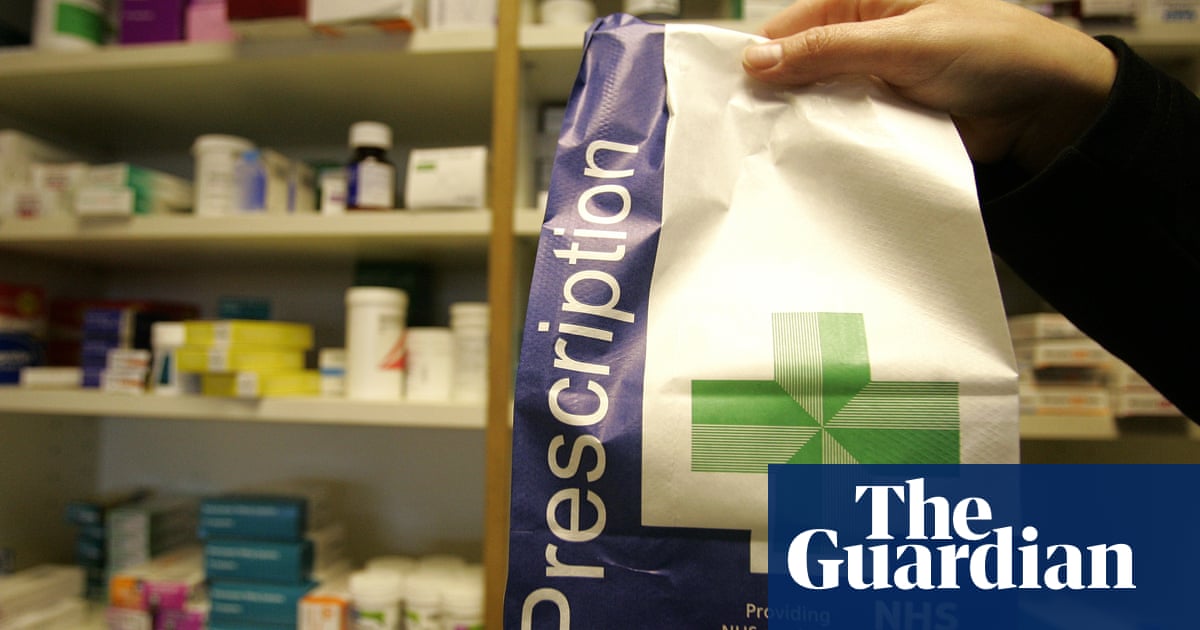Pharmacists are facing inappropriate demands for antibiotics every day, with some patients stockpiling them for holidays despite the threat posed byantimicrobial resistance, a report says.
Staff receive requests for the drugs to treat minor ailments such as coughs and colds even if they are not needed, according to the National Pharmacy Association, which represents 6,000 independent community pharmacies in England. Its survey found 79% of pharmacists were having to refuse requests for antibiotics from patients at least once a day.
A quarter of pharmacists said patients frequently returned partially used antibiotics, while 37% were aware of patients regularly hoarding them for a later date. Half-used courses of antibiotics were being posted on local social media groups, the NPA said.
Other issues include patients requesting antibiotics from their pharmacy before going on holiday just in case of illness, and people returning from abroad with huge quantities of antibiotics for conditions not treated by them in the UK.
Olivier Picard, the chair of the NPA, said: “These are concerning findings and shows there are widespread misconceptions about the role that antibiotics can play among some patients.
“Although antibiotics may be an appropriate course of treatment for some conditions, for other ailments like viral coughs and sore throats, they may not be effective. This could also mean antibiotics may not be effective for treating more serious conditions, posing a risk to patient safety.
“Pharmacists are highly trained medical professionals who see nearly 2 million patients a day and provide medication advice. They can supply antimicrobials in some circumstances, but only when they are clinically needed.”
Diane Ashiru-Oredope, the lead pharmacist for antimicrobial resistance (AMR) at the UKHSA, said addressing public misconceptions about taking antibiotics was an important part of tackling AMR.
“Antibiotic resistance is impacting people every day in this country. Not being able to effectively prevent and treat infections is one of the biggest threats to our health,” she said.
Overcoming that threatwas still possible if everyone worked together to help keep antibiotics working, she said. “For example, only taking them when prescribed and as directed by a healthcare professional, not taking antibiotics for colds and flu and not saving antibiotics for future use – unused antibiotics can be returned to pharmacies.
“Taking action not only protects our own individual health, it also protects everyone in our communities and future generations.”
A Department ofHealthand Social Care spokesperson said AMR represented “one of the most significant threats to public health, with potentially devastating consequences if we don’t act now”.
“Our pharmacists, along with other healthcare professionals, play a crucial role and we’re grateful for their vigilance in ensuring these vital medicines are only provided when clinically appropriate,” they said.
